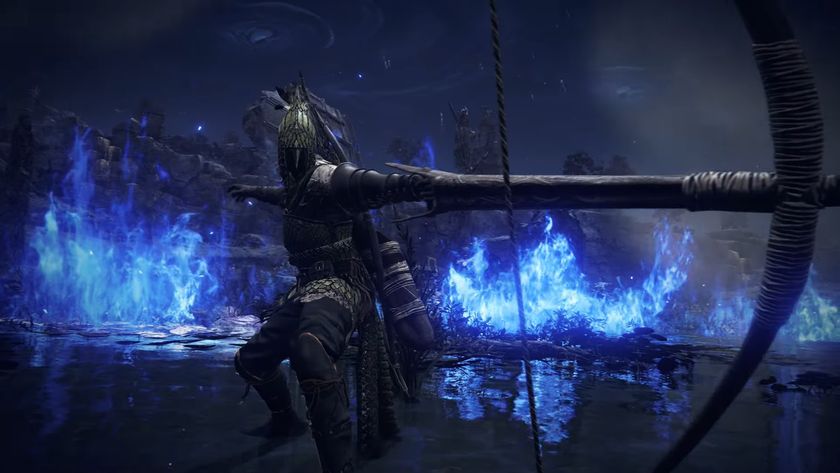50 Greatest Actors Turned Directors
Stars who stepped behind the camera
Carl Franklin

The Actor: Veteran character actor best known for his recurring role as Captain Crane on The A-Team .
The Director: Franklin found new fame directing one of the Nineties' best received thrillers, One False Move , which introduced star/co-writer Billy Bob Thornton to audiences.
Acting Vs Directing: Franklin switched professions, giving up screen acting to make a series of smart, solid (if sadly underperforming) movies like Devil In A Blue Dress and Out Of Time .
Sylvester Stallone
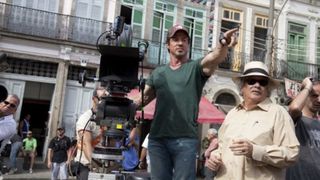
The Actor: The 'Italian Stallion' fought his way out of a career playing heavies by writing himself his dream role as underdog boxer Rocky Balboa, earning Oscar nominations as writer and actor.
The Director: Rocky 's success made it inevitable. He made his debut with 1978's Paradise Alley , before more lucrative gigs making sequels to his most famous roles.
Acting Vs Directing: Stallone's directorial style shares the same 'does what it says on the tin' quality as his acting, but will always be in its shadow because - apart from the bizarre anomaly of Staying Alive - Stallone has never made a film he didn't also star in.
Carl Reiner

The Actor: Long-time associate of Mel Brooks who ruled American TV during the 1950s and 1960s as a comic star and writer.
Sign up for the Total Film Newsletter
Bringing all the latest movie news, features, and reviews to your inbox
The Director: Reiner directed his first film in 1967 but found his true calling as the genius behind Steve Martin's early film career - The Jerk , The Man With Two Brains and All Of Me .
Acting Vs Directing: The same mischievous quality runs through all of Reiner's work, right the way through to his recent on-screen renaissance as an integral part of Ocean's 11 .
Marlon Brando

The Actor: The godfather of Method acting, who transformed screen performance with his primal rage and mumbled emotions before drifting into self-indulgence.
The Director: Brando's big moment was Freudian Western One-Eyed Jacks , but hostile reviews, budget overruns and the director's own diffidence meant he never followed it up.
Acting Vs Directing: One-Eyed Jacks is pure Brando in its explosive energy, intensity and pretension, demonstrating (im)perfectly all of the virtues and vices of his acting style.
Kevin Costner
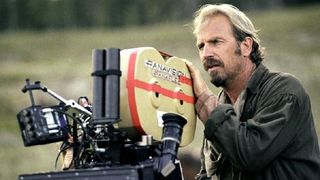
The Actor: "The new Gary Cooper" - a decent, middle America Everyman who liked baseball ( Bull Durham , Field Of Dreams ) and fought bad guys ( The Untouchables , JFK ).
The Director: Costner caught everyone unawares with the old-school elegance of Dances With Wolves but then frittered away the goodwill with The Postman and a reputation for being a back-seat driver on projects he produced.
Acting Vs Directing: Costner's rep took a severe tumble but Open Range reminded everyone he could deliver the goods, and he proved to be the strongest part of Man Of Steel .
Ben Stiller

The Actor: Comedian who followed in the footsteps of actors Jerry Stiller and Anne Meara with his cult TV sketch show, The Ben Stiller Show .
The Director: Stiller's Hollywood calling card was his Gen X state-of-the-nation dramedy Reality Bites , followed by The Cable Guy - the first Jim Carrey vehicle to earn less than its predecessor.
Acting Vs Directing: Stiller hit the big-time as an actor after he started directing, thanks to There's Something About Mary and Meet The Parents . He is still a capable director (best film: Zoolander ) but is far, far better known for his efforts in front of the camera.
Danny DeVito

The Actor: Diminutive New Yorker who got noticed in One Flew Over The Cuckoo's Nest and then became a star on TV thanks to sitcom Taxi before finding his niche as a reliable comic actor in Twins and Get Shorty .
The Director : DeVito has directed sporadically since the mid-1980s, occasionally enjoying a hit ( The War Of The Roses , Matilda ) and sometimes not ( Death To Smoochy ).
Acting Vs Directing: It's hard to get a handle on DeVito's directorial career beyond an enjoyable spine of black comedy, so probably best to enjoy him in his element, back on TV in It's Always Sunny In Philadelphia .
Albert Brooks
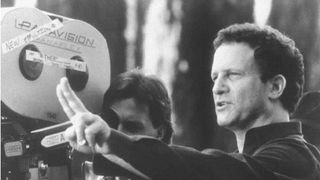
The Actor: Born Albert Einstein (yes, really), Brooks made his name as a stand-up comedian before becoming a character actor in the likes of Taxi Driver .
The Director: 1979's Real Life started a new direction as a writer/director of smart relationship comedies like Lost In America , positioning Brooks as a more cynical, abrasive Woody Allen.
Acting Vs Directing: Brooks hasn't directed a feature since 2005, but he's never out of demand as an actor, from his scary bad guy in Drive to his kind-hearted clownfish in Finding Nemo .
Jon Favreau

The Actor: Favreau couldn't get a break, until he wrote and starred in Swingers , a film about how he couldn't get a break. It was a hit, and he got his break.
The Director: Favreau made his debut with the semi-sequel to Swingers , Made , but quickly escaped the indie comedy ghetto with family-friendly hit Elf , before Iron Man made him an unlikely go-to guy for blockbusting.
Acting Vs Directing: The appeal of Favreau's films as a director reflect his easygoing, self-deprecating acting style. The two should be in harness in his next film, Chef , the first time he's directed himself in a leading role since Made .
Penny Marshall
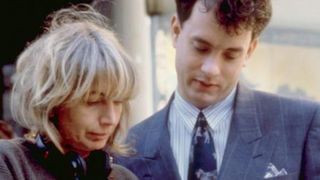
The Actor: A sitcom star in America throughout the late 1970s and early 1980s thanks to Laverne And Shirley . Marshall was Laverne, since you ask.
The Director: Penny followed brother Garry and ex-husband Rob Reiner into directing; her debut was 1986's Jumpin' Jack Flash but she really hit the big time two years later with Big .
Acting Vs Directing: Despite Marshall's no-nonsense, cynical persona as Laverne, her films as director were softer and warmer. She hasn't directed since 2001's Riding In Cars With Boys , and only acts occasionally.
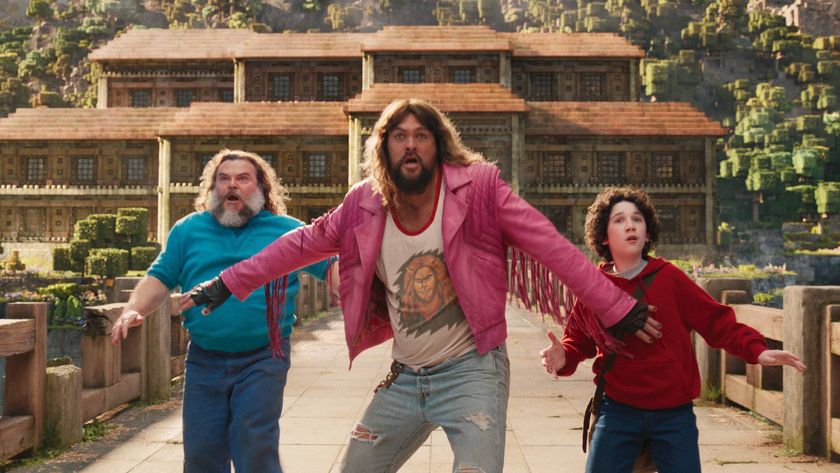
14 years after the game was released, the cast of A Minecraft Movie think now is the perfect time for the adaptation to hit screens: "There's so many reasons"
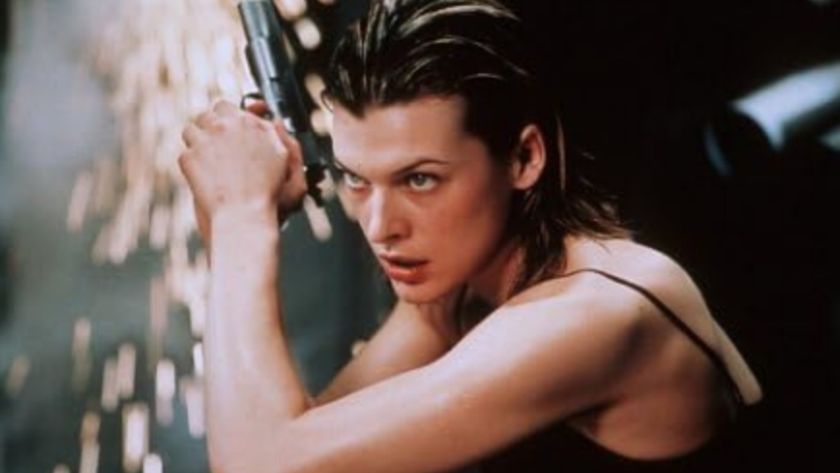
Barbarian director says his "wild" Resident Evil movie will be "unlike any of the previous films", says it was "built in the spirit of the games"
